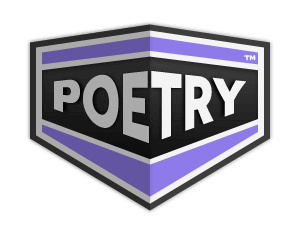
Marvin Marcus Poetry
a Professor of Japanese Studies at
Washington University, St. Louis

An explanatory note regarding my poems:
The poems included here are ‘found poems.’ Each is based on an academic talk or presentation that I attended. What I’ve done in each case is to jot down words and phrases that interest me, as I listen to the talk. Afterwards, I set about versifying the words and phrases, ‘converting’ them into a poem. I make a point of appending the name of the presenter and the date of the presentation to each poem, by way of acknowledgment. As for the finished product— the reader is free to judge the merits, such as they are, and to determine what ‘authorship’ means in the case of such ‘found poetry.’
Marvin Marcus
Dead Jews and Agentic Shift
The Jews were exterminated by
Guys with beer bellies ordered
To shoot Jews in the neck
In the neck is mercy killing
Is what they were told
Every day for two years
They killed Jews
Got up killed Jews got drunk
Got up the next day killed Jews
Got drunk and on and on
Twenty percent refused to kill
Some got yelled at some got beaten
Some were sent to the Russian front
Fifty percent were psychopaths—
They enjoyed killing Jews
Think of the Milgram shock experiments
And the eighty-five percent rate of
Compliance with giving lethal dosages
There were Jew rescuers too
Twenty percent were in the resistance
Seventy percent had Jewish friends
Eighty percent came from large families
Some felt guilty that they didn’t rescue more
Back to Milgram and the
Question of the authority figure
Take the Good Samaritan experiment—
Hurrying past the person in distress
Because they were told to do so
If you want good policemen
Reward fairness
If you want a good hospital
A good school a good business—
You get the idea
Israeli soldiers know about this
And so what we need is
Trust in the process stake-holders
Pro-social hierarchies and
Some sort of ombudsman
Inspired by a lecture given by David Blumenthal, professor from Emory University at Washington U on November 16, 2016.
Back to top